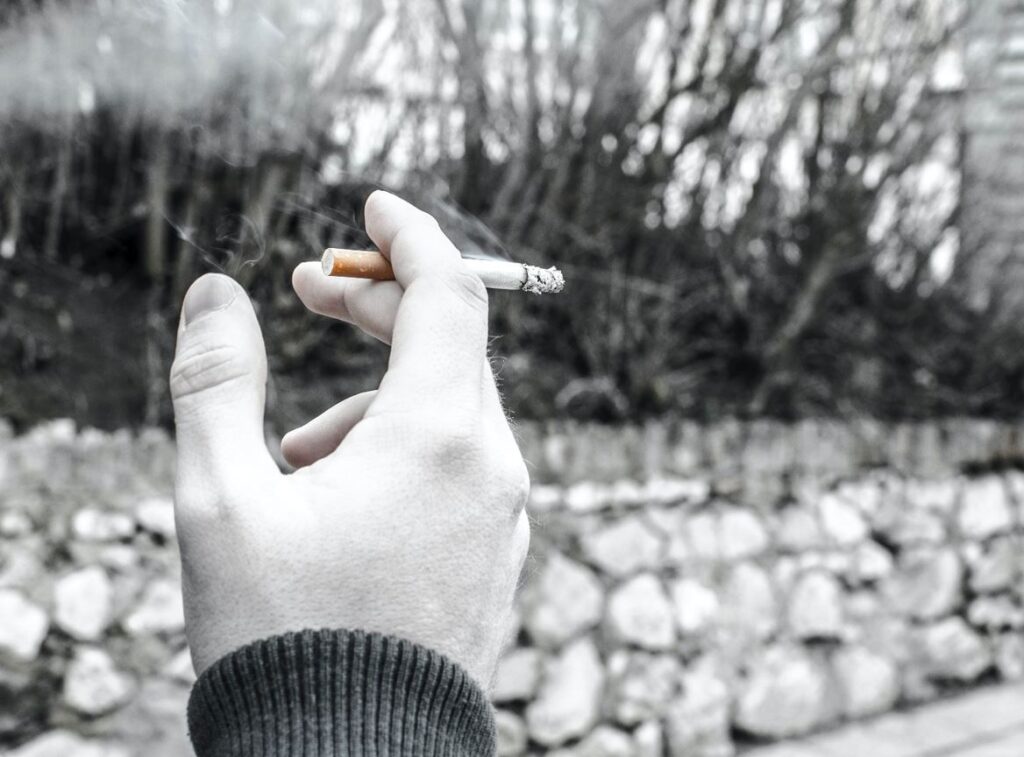Drug or alcohol addiction recovery isn’t always a smooth process. Rather, it can be a bumpy road that involves many ups and downs before curing the addiction problem. Studies have shown that more than 60% of people will relapse when in recovery, at least once.
However, a relapse or two doesn’t mean you’re back to square one. There are things you can do differently to avoid relapses. Become aware of what causes relapses in order to prevent them and accelerate the recovery process.
Triggers of Relapses
Relapses can be triggered by a range of factors, including:
Stress
Stress is the primary trigger of relapses during drug and alcohol recovery. When you’re stressed out, your reasoning skills are lowered, and you may seek substances to help you relax or escape. To avoid stress and stay relaxed, identify what factors make you stressed out and manage them.
It could be a toxic individual, going to certain places, or repeating old habits. Also, practicing stress-reduction techniques such as yoga or meditation, is a great and healthy skills to develop.
Negative Emotions
Do you have a habit of eating junk food when you’re sad or angry? Many people will respond to negative emotions by reverting to former habits, and those in recovery are no different.
However, negative emotions don’t have to result in relapse. Learn to confront these emotions instead of suppressing them, and you’ll avoid the negative habits they may bring with them.
Positive Emotions
Sometimes feeling overjoyed or in a “celebration mood” can cause you to relapse. This has more to do with celebration habits than the effect of positive emotions. Fortunately, you can direct your positive emotions to non-abusive methods. Instead of celebrating with a bottle of alcohol, try eating a sweet treat or vacationing or going on a walk.
The Wrong Company
Surrounding yourself with the wrong company is likely to lead to relapse. Peer pressure is a significant driving factor and why many people use drugs in the first place and relapse later. Avoid spending time with active addicts, individuals lacking a “moral compass” or going to places where you’re more likely to relapse.
Remember, recovery is a lifelong process, and there’s no need to stress over relapses as long as recovery becomes the replacement habit.
